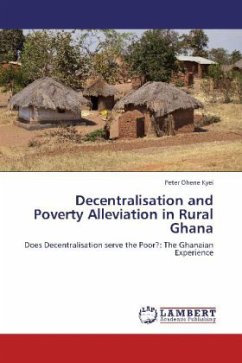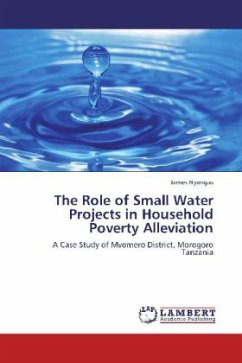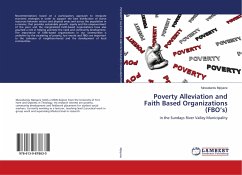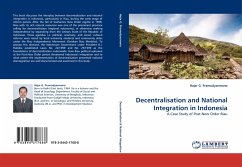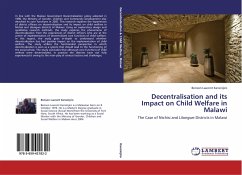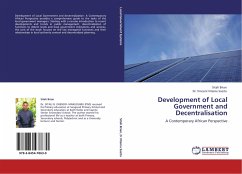Decentralisation of government has been a major policy direction of the World Bank and International Monetary Fund (IMF) as an adjunct to the Structural Adjustment Programme (SAP) imposed on low income countries. Decentralisation has become an important means of improving the effectiveness of services and of empowering the poor to participate in the development processes that affect their lives. The pivot of the local government system in Ghana is the District Assembly which has been set up to provide an enabling environment for socio-economic development. This study examines the extent to which the District Assemblies have achieved success. The study notes that there are perception gaps between the elites and the rural poor with respect to poverty and poverty alleviation strategies.It examines the fact that those who define poverty and then formulate poverty reduction policies for the designated population have no lived experience of poverty. The state has employed structures ofgrassroots participation without achieving active participation or conceding real power to the local people. The poor are, therefore, rendered anonymous in the design of poverty alleviation programmes.
Bitte wählen Sie Ihr Anliegen aus.
Rechnungen
Retourenschein anfordern
Bestellstatus
Storno

